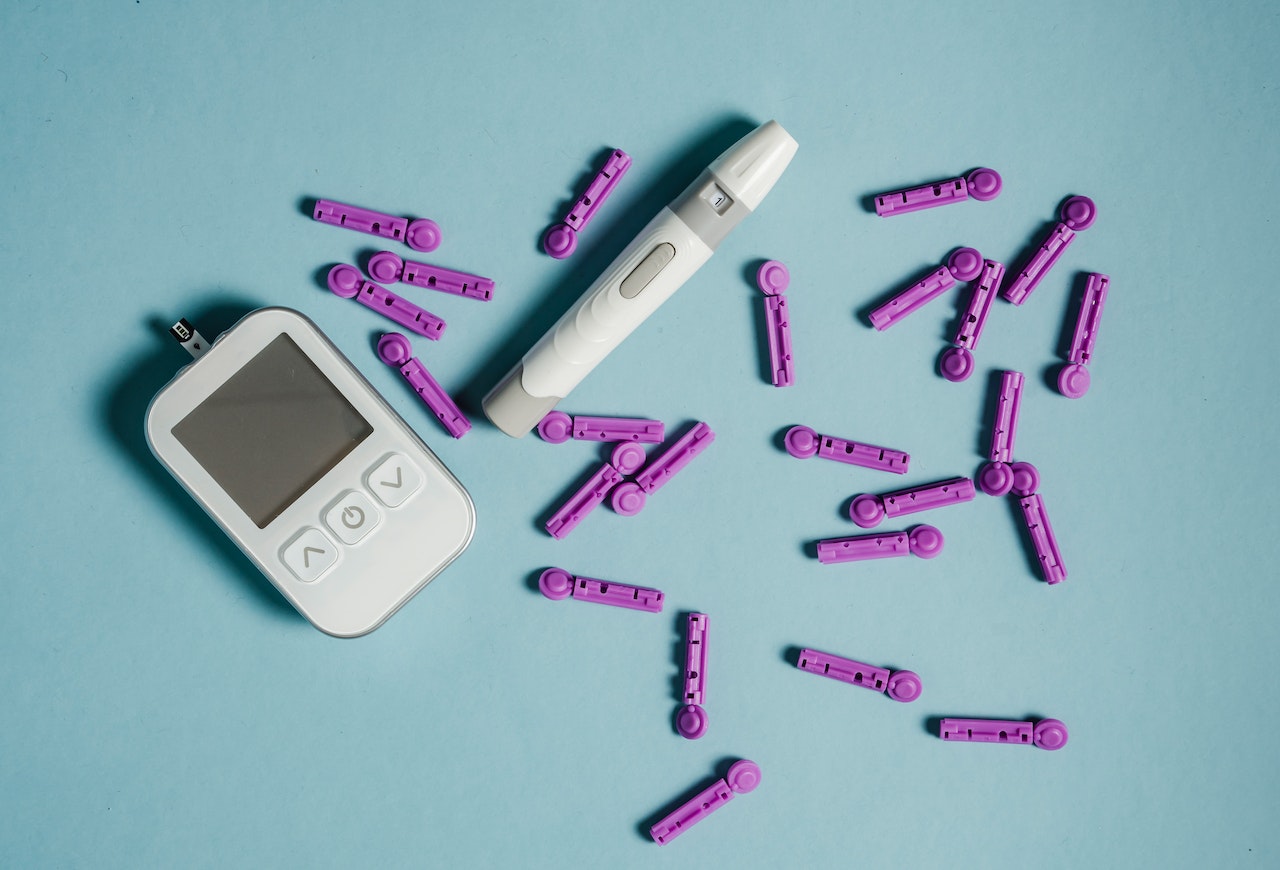Pregnancy is a crucial period for both the mother and the baby. During pregnancy, the body goes through various physiological changes that affect the normal functioning of the body. One of the common issues that women face during pregnancy is gestational diabetes, which can lead to complications in both mother and baby. Glucose tolerance test (GTT) is a diagnostic test used to detect gestational diabetes. In this article, we will discuss the glucose tolerance test during pregnancy and its different types.
What is Glucose Tolerance Test (GTT)?
Glucose Tolerance Test is a diagnostic test used to determine how well the body can process glucose (sugar). The test measures how quickly the body metabolizes glucose after consuming a high sugar drink. The test is commonly used to diagnose gestational diabetes, a type of diabetes that develops during pregnancy.
Types of Glucose Tolerance Test (GTT)
There are two types of glucose tolerance test during pregnancy, namely:
One-hour glucose tolerance test
Three-hour glucose tolerance test
One-Hour Glucose Tolerance Test:
This test is performed between 24 and 28 weeks of pregnancy. The test involves drinking a sugary drink containing 50g of glucose. After drinking the solution, blood samples are taken after an hour to measure the blood glucose levels. The test aims to identify women who have elevated blood glucose levels but not necessarily gestational diabetes.
Results:
The normal range for blood glucose levels after one hour is less than 140mg/dL. If the blood glucose levels are higher than 140mg/dL, further testing is needed.
Three-Hour Glucose Tolerance Test:
If the one-hour glucose tolerance test results are higher than normal, a three-hour glucose tolerance test is recommended. This test is performed to diagnose gestational diabetes. The test involves drinking a sugary drink containing 100g of glucose. Blood samples are taken at different intervals to measure the blood glucose levels.
Results:
The following are the normal blood glucose levels during the three-hour glucose tolerance test:
Fasting: Less than 95mg/dL
One hour after drinking the solution: Less than 180mg/dL
Two hours after drinking the solution: Less than 155mg/dL
Three hours after drinking the solution: Less than 140mg/dL
If two or more of the blood glucose levels are higher than normal, a diagnosis of gestational diabetes is made.
Deciphering the Results
The results of the glucose tolerance test are usually provided by the healthcare provider. If the results are abnormal, further testing is needed to confirm the diagnosis. The healthcare provider will provide instructions on how to prepare for the test and the timing of the test.
If gestational diabetes is diagnosed, the healthcare provider will provide guidelines on how to manage the condition. Treatment may involve dietary changes, physical activity, and medications such as insulin. It is crucial to manage gestational diabetes to avoid complications such as preterm delivery, preeclampsia, and macrosomia (a large baby).
Glucose tolerance test during pregnancy is an essential diagnostic test to detect gestational diabetes. The test involves drinking a sugary drink, and blood samples are taken to measure the blood glucose levels. There are two types of glucose tolerance tests: one-hour glucose tolerance test and three-hour glucose tolerance test. The results of the test are crucial in diagnosing and managing gestational diabetes. It is crucial to follow the healthcare provider's guidelines to ensure a healthy pregnancy and a healthy baby.









